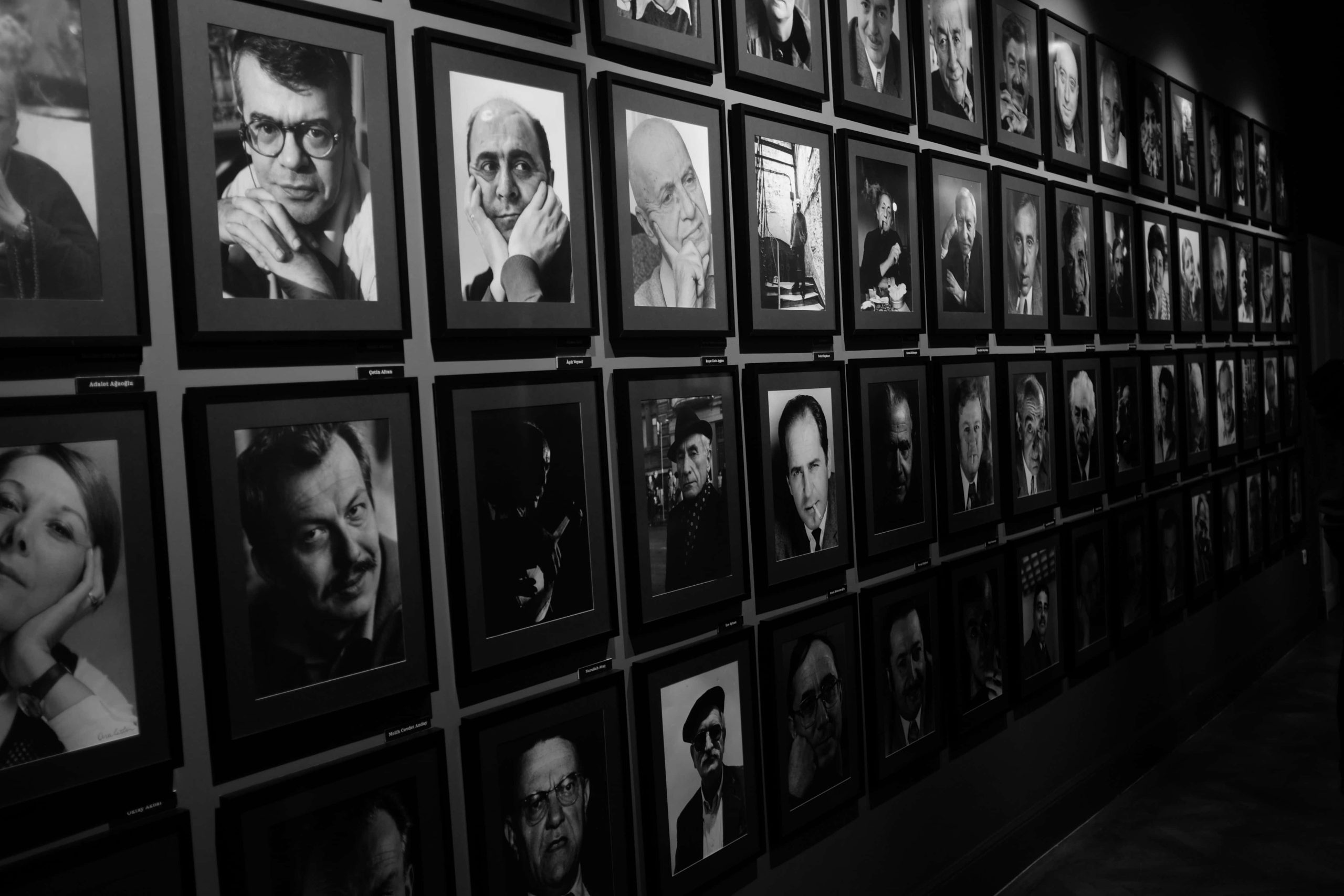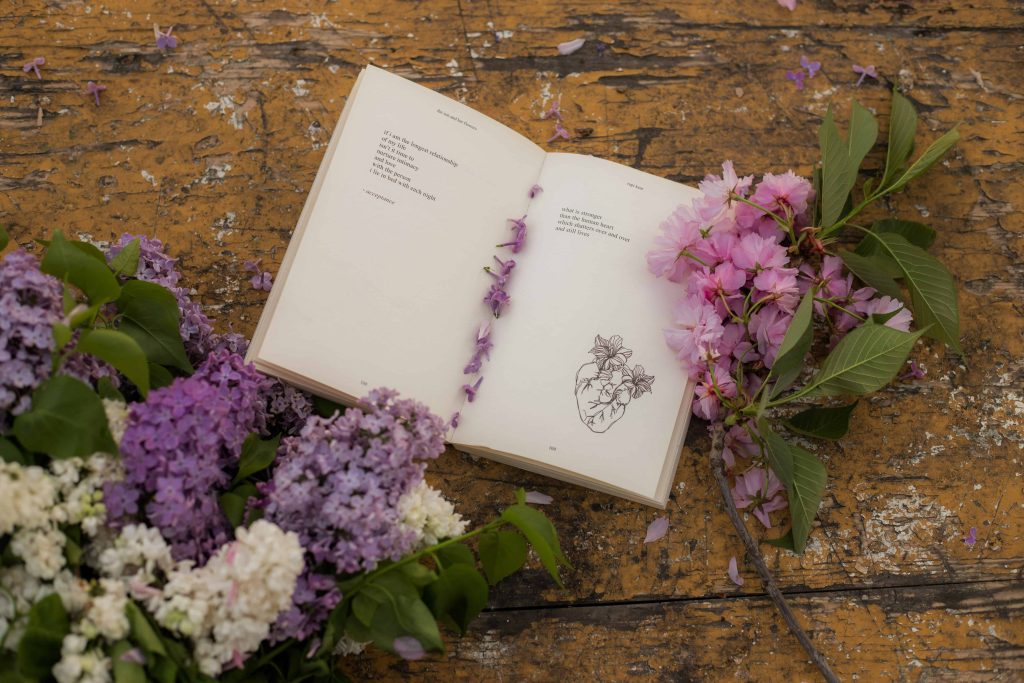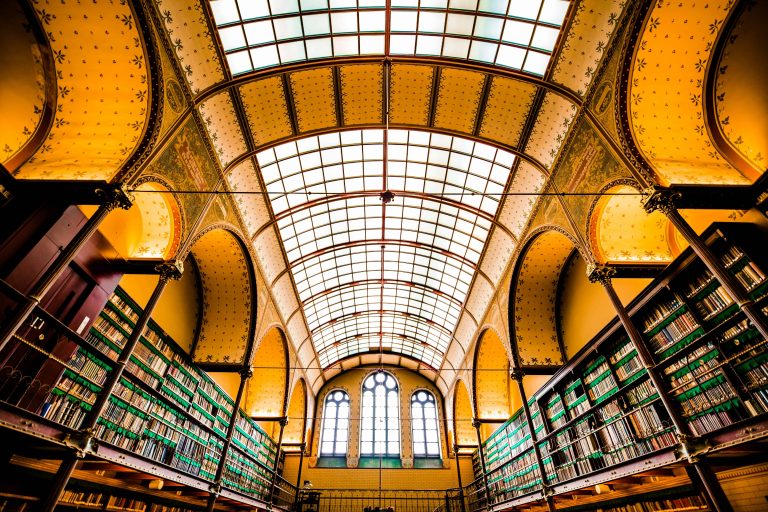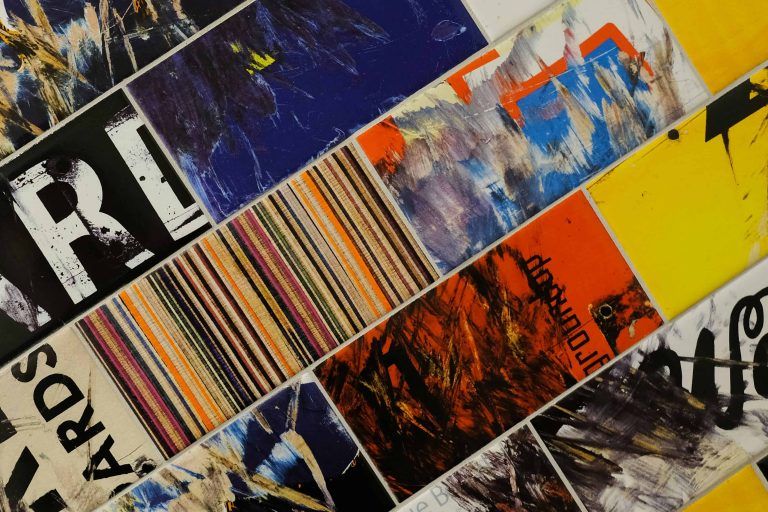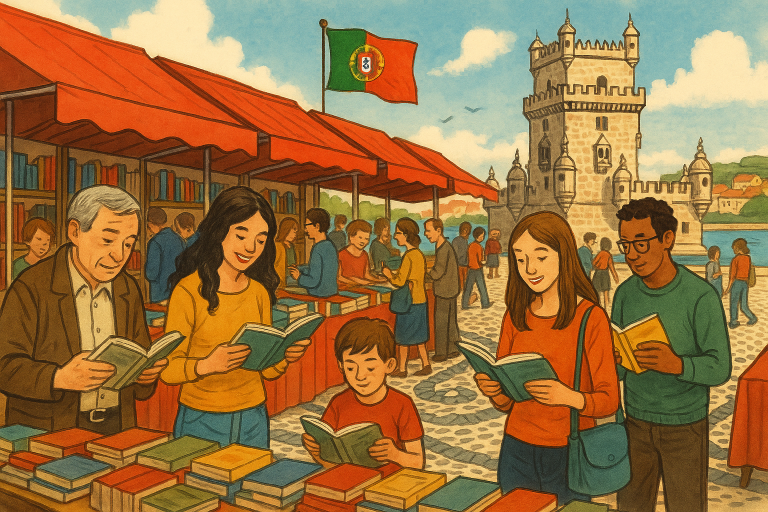Influential Portuguese Poets of the 21st Century: Shaping Modern Verse
Influential Portuguese Poets of the 21st Century
Portuguese poetry has a rich history that remains an essential component of the nation’s literary and cultural identity. While the 20th century gave rise to renowned poets such as Fernando Pessoa, Sophia de Mello, Breyner Andresen, and Eugénio de Andrade, the 21st century has ushered in a new generation of poets who continue to redefine the landscape of modern verse. These poets are not only preserving the lyrical depth of their predecessors but are also pushing the boundaries of poetic expression by incorporating contemporary themes, innovative forms, and diverse linguistic influences. This article examines the impact of influential Portuguese poets of the 21st century, exploring their contributions to the literary world, their thematic concerns, and the evolving nature of Portuguese poetry.
The Evolving Landscape of 21st Century Portuguese Poetry
Legacy of 20th-Century Portuguese Poetry
The poets of the 20th century laid a strong foundation for contemporary Portuguese literature. Fernando Pessoa, with his heteronyms such as Álvaro de Campos, Ricardo Reis, and Alberto Caeiro, introduced a fragmented and deeply introspective poetic style that continues to inspire modern writers. Álvaro de Campos’ dynamic and expressive verses, Ricardo Reis’ classical and reflective tone, and Alberto Caeiro’s naturalist simplicity each contributed uniquely to the evolution of Portuguese literature and its influence on contemporary poets. Sophia de Mello Breyner Andresen, known for her clarity and precision, left a legacy of poetry that engaged with themes of nature, ethics, and political resistance. Eugénio de Andrade’s lyrical and sensual verse highlighted the power of language in expressing profound emotions. These literary figures paved the way for the poets of the 21st century, whose works reflect both homage to the past and a bold reimagining of poetic forms and themes.
Key Trends and Shifts in the 21st Century
Portuguese poetry in the 21st century is marked by an openness to experimentation and a responsiveness to contemporary realities. One major trend is the exploration of new forms and structures, where poets blend poetry with prose, incorporate visual elements, and utilize digital platforms to reach a broader audience. Engagement with contemporary social and political issues has also become a defining characteristic as poets address themes such as immigration, climate change, gender identity, racial discrimination, and postcolonial narratives. Additionally, there is a re-examination of identity and place, as many poets reflect on personal and collective identities in a rapidly globalizing world. Themes of diaspora, heritage, and belonging emerge strongly in their works, offering fresh perspectives on what it means to be Portuguese today. Finally, the impact of globalization and technology cannot be ignored, as social media, digital poetry archives, and online literary communities are transforming the way poetry is consumed, discussed, and appreciated.
Role of Literary Journals, Festivals, and Institutions
The contemporary poetry scene in Portugal thrives in part due to the support of literary institutions and cultural initiatives. Poetry festivals such as the Lisbon Poetry Festival and the Festival Internacional de Poesia de Lisboa provide platforms for established and emerging poets to present their work to a global audience. Literary journals such as Colóquio Letras, Revista de Poesia, and Flanzine play a crucial role in the publication and dissemination of contemporary poetry, ensuring that new voices are heard. Universities and cultural organizations also contribute by hosting poetry readings, discussions, and translation projects that promote Portuguese poetry beyond national borders. Through these initiatives, poetry remains a dynamic and evolving force within the Portuguese literary landscape.
Profiles of Influential Contemporary Portuguese Poets
Ana Luísa Amaral
Ana Luísa Amaral (1956–2022) was one of the most influential Portuguese poets of her generation, as well as a distinguished professor and scholar of literature. Her contributions to translation and academia further enriched her literary impact, allowing her work to resonate both within Portugal and internationally. Her work is deeply rooted in feminist thought, philosophical inquiry, and linguistic experimentation. She explored themes of memory, love, gender equality, and the human condition, often using irony and intertextuality to challenge literary and societal conventions. Her poetry is characterized by a delicate yet powerful voice, capable of blending the personal with the universal. Some of her most significant works include What’s in a Name (2017) and The Art of Being a Tiger (2016), both of which showcase her ability to merge lyrical beauty with intellectual depth. Amaral’s poetry has been translated into multiple languages, solidifying her international reputation as a major figure in contemporary literature.
José Luís Peixoto
José Luís Peixoto is a renowned contemporary poet and novelist whose work often explores themes of solitude, nostalgia, and the passage of time. He has been recognized with several literary awards, including the prestigious Prémio José Saramago in 2001, which cemented his status as a major figure in contemporary Portuguese literature. Born in 1974, Peixoto has established himself as a leading literary voice in Portugal, with a style that blends poetic sensibility with narrative experimentation. His poetry frequently draws inspiration from rural Portuguese life, capturing its beauty, hardships, and existential reflections. His major poetry collections, including Gaveta de Papéis (2008) and A Criança em Ruínas (2001), showcase his ability to create evocative imagery and emotional depth. Peixoto’s literary contributions extend beyond poetry, as he is also celebrated for his novels, which have been translated into several languages and widely acclaimed.
Margarida Vale de Gato
Margarida Vale de Gato is a poet, translator, and scholar whose work is known for its linguistic playfulness, intertextual references, and cultural criticism. In addition to her poetry, she has made significant contributions to translation studies, particularly in her work translating American and French literature into Portuguese. As a scholar, she has published extensively on comparative literature and translation theory, further cementing her impact on contemporary literary studies. Her engagement with gender studies and cross-cultural dialogue has also influenced the way Portuguese literature is interpreted and received internationally. Her poetry engages with themes of gender, identity, and literary heritage, often weaving together different narrative voices and poetic forms. Vale de Gato’s collections Lançamento (2016) and Mulher ao Mar (2010) demonstrate her ability to blend humor, irony, and deep intellectual inquiry. As a translator, she has worked extensively with English and French literature, further enriching her poetic perspective through cross-cultural influences. Her work represents a new wave of Portuguese poetry that challenges traditional structures while remaining deeply rooted in literary tradition.
Analysis of Contributions to Modern Poetry
Innovation in Form and Language
Portuguese poets in the 21st century are pushing the boundaries of language and form. Some experiment with fragmented narratives, prose poetry, and multilingual compositions, reflecting Portugal’s diverse cultural influences. Digital poetry, performance poetry, and collaborations with visual artists are becoming increasingly prevalent, allowing poetry to reach new audiences and evolve beyond the written page.
Thematic Evolution
The themes explored by contemporary Portuguese poets have expanded to include pressing global concerns. Environmental issues, human rights, and social justice are recurrent topics, demonstrating how poetry remains a relevant and impactful art form. Personal narratives continue to play a crucial role, with poets intertwining their individual experiences with broader cultural and historical themes.
Impact on the Literary Community
The influence of contemporary poets extends beyond their individual works. Many serve as mentors, critics, and translators, shaping the next generation of poets. Their engagement in international literary dialogues has increased the visibility of Portuguese poetry worldwide, ensuring its place within the global literary canon.
The Role of Poetry in Contemporary Portuguese Culture
Poetry continues to be a powerful force in Portuguese culture, shaping public discourse and artistic expression. It serves as a medium for reflection, protest, and celebration, engaging with both tradition and modernity. As poetry adapts to new media and changing cultural landscapes, it remains a dynamic and evolving art form.
Conclusion
Contemporary Portuguese poetry is a vibrant and ever-evolving field, enriched by the contributions of poets who challenge literary conventions and engage with contemporary issues. Figures such as Ana Luísa Amaral, José Luís Peixoto, and Margarida Vale de Gato represent the diversity and depth of modern Portuguese verse. As poetry continues to evolve in response to social, political, and technological changes, it remains a vital component of Portugal’s cultural identity. The future of Portuguese poetry promises to be as innovative and impactful as its past, ensuring its ongoing significance in the literary world.
Key Takeaways
- Modern Portuguese Poetry Builds on a Rich Legacy – Contemporary poets honor and expand upon the works of literary giants like Fernando Pessoa, Sophia de Mello Breyner Andresen, and Eugénio de Andrade, blending traditional poetic depth with new forms and themes.
- Poetry Reflects Societal Changes – 21st-century Portuguese poetry embraces social and political issues, including immigration, gender identity, racial discrimination, and postcolonial narratives, making it more relevant to today’s readers.
- New Forms and Digital Innovation – Poets are experimenting with hybrid structures, mixing poetry with prose and visual elements, and utilizing digital platforms to reach wider audiences, reshaping how poetry is created and consumed.
- Key Poets Shaping the Landscape:
- Ana Luísa Amaral – A leading feminist poet known for exploring themes of gender, memory, and philosophical inquiry with linguistic experimentation.
- José Luís Peixoto – A poet and novelist whose work captures solitude, nostalgia, and Portuguese rural life through deeply evocative imagery.
- Margarida Vale de Gato – A poet and translator known for her linguistic playfulness, cultural criticism, and engagement with gender studies.
- Support from Literary Institutions – Poetry festivals, journals, and universities play a crucial role in promoting Portuguese poetry both nationally and internationally, ensuring its continued relevance.
- Poetry as a Cultural and Political Force – Beyond literary circles, poetry remains a medium for protest, reflection, and cultural dialogue, adapting to modern concerns while preserving its artistic essence.
- A Promising Future for Portuguese Poetry – As poets continue to innovate and respond to global changes, Portuguese poetry remains a dynamic and evolving force, securing its place in the global literary landscape.
FAQs
How have 21st-century Portuguese poets influenced modern poetry?
Contemporary Portuguese poets have redefined modern verse by blending lyrical traditions with innovative forms. They explore themes like identity, social justice, and globalization while incorporating digital platforms and visual elements. Their work expands the reach of Portuguese poetry and keeps it relevant in today’s evolving literary landscape.
What role do literary institutions and festivals play in promoting Portuguese poetry?
Literary institutions, journals, and festivals such as the Lisbon Poetry Festival and Colóquio Letras provide platforms for poets to share their work globally. They foster literary discussions, translation projects, and poetry readings, ensuring that Portuguese poetry remains dynamic, widely accessible, and influential beyond national borders.
How do contemporary Portuguese poets engage with global issues?
Modern Portuguese poets address pressing global concerns such as climate change, immigration, gender identity, and postcolonial narratives. Through experimental forms and multilingual influences, they create poetry that resonates with international audiences, contributing to worldwide literary discourse while maintaining a deep connection to Portuguese heritage.
Audiobooks are redefining the reading experience in Portugal—discover how this growing trend is changing the literary landscape and why more readers are choosing to listen rather than read.

